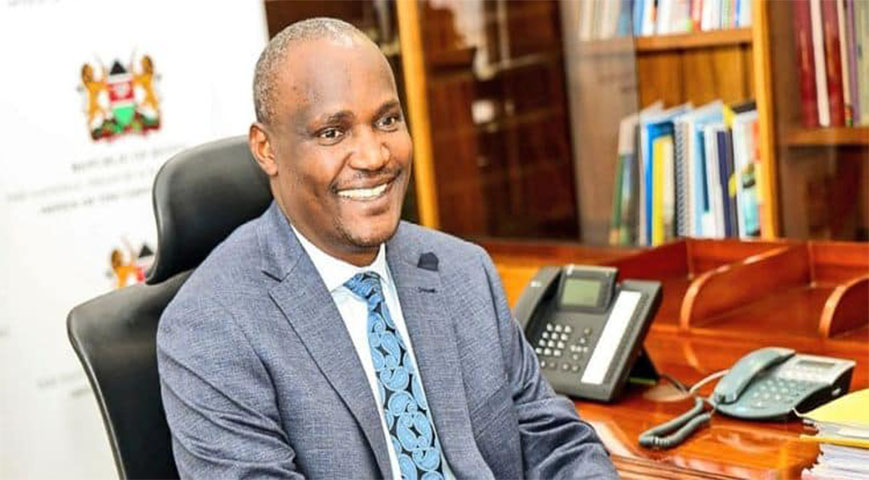The Kenyan government is fast-tracking plans to reintroduce the eco-levy tax in its latest revenue-raising strategies.
It aims to bridge a Ksh.150 billion deficit left by the withdrawal of the Finance Bill 2024. This bill was previously met with widespread Gen-Z-led protests, leading to its rejection.
Treasury Cabinet Secretary John Mbadi, in an interview with Citizen TV, confirmed that the eco-levy would return as part of the Tax Amendment Bill. This bill, comprising 47 clauses, is currently being finalized for introduction in Parliament.
Did you read this?
However, to address public concerns, items deemed "sensitive," such as sanitary towels, will be excluded from the levy.
The eco-levy has faced strong opposition, particularly from multinational corporations like Coca-Cola, which opposed the proposed 10% excise duty. Despite this, the government is determined to push forward with the tax, anticipating it will play a crucial role in boosting revenue.
In addition to the eco-levy, the government plans to extend the tax amnesty period by six months to encourage more Kenyans to file their tax returns. The hope is that this extension will increase tax compliance and generate additional revenue.
To further ease citizens' financial burdens, the government intends to exempt essential commodities like bread from taxation, which could save Ksh.70 billion. This move is part of a broader strategy to reduce government expenditures, particularly on tax refunds, some of which have been flagged as fraudulent.
The Treasury is also implementing a series of changes at the Kenya Revenue Authority, including system automation, to plug revenue leaks and generate an extra Ksh.105 billion.
These tax measures are being expedited to meet the September 30 deadline, ensuring sufficient funds to pay teachers and security forces and support university funding amidst ongoing financial challenges.









